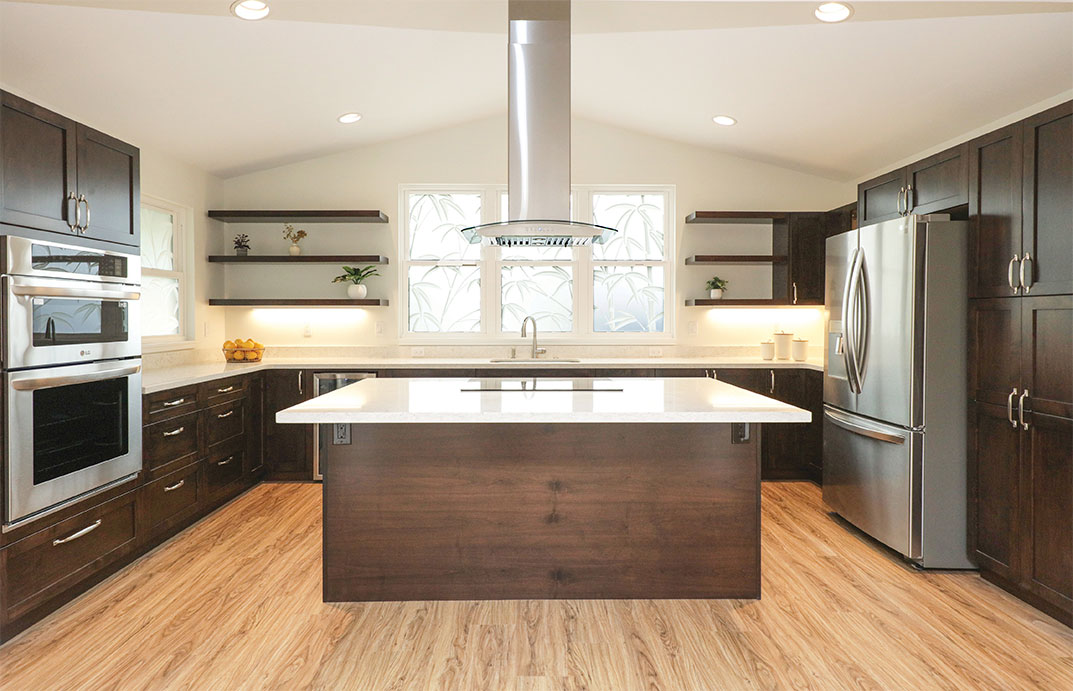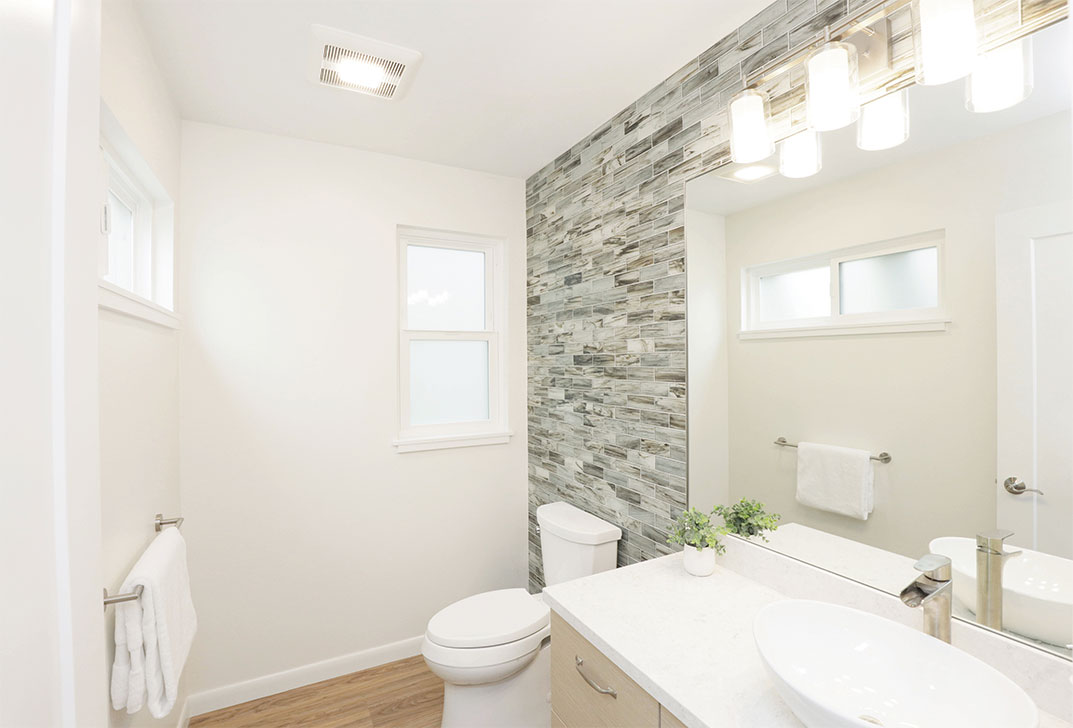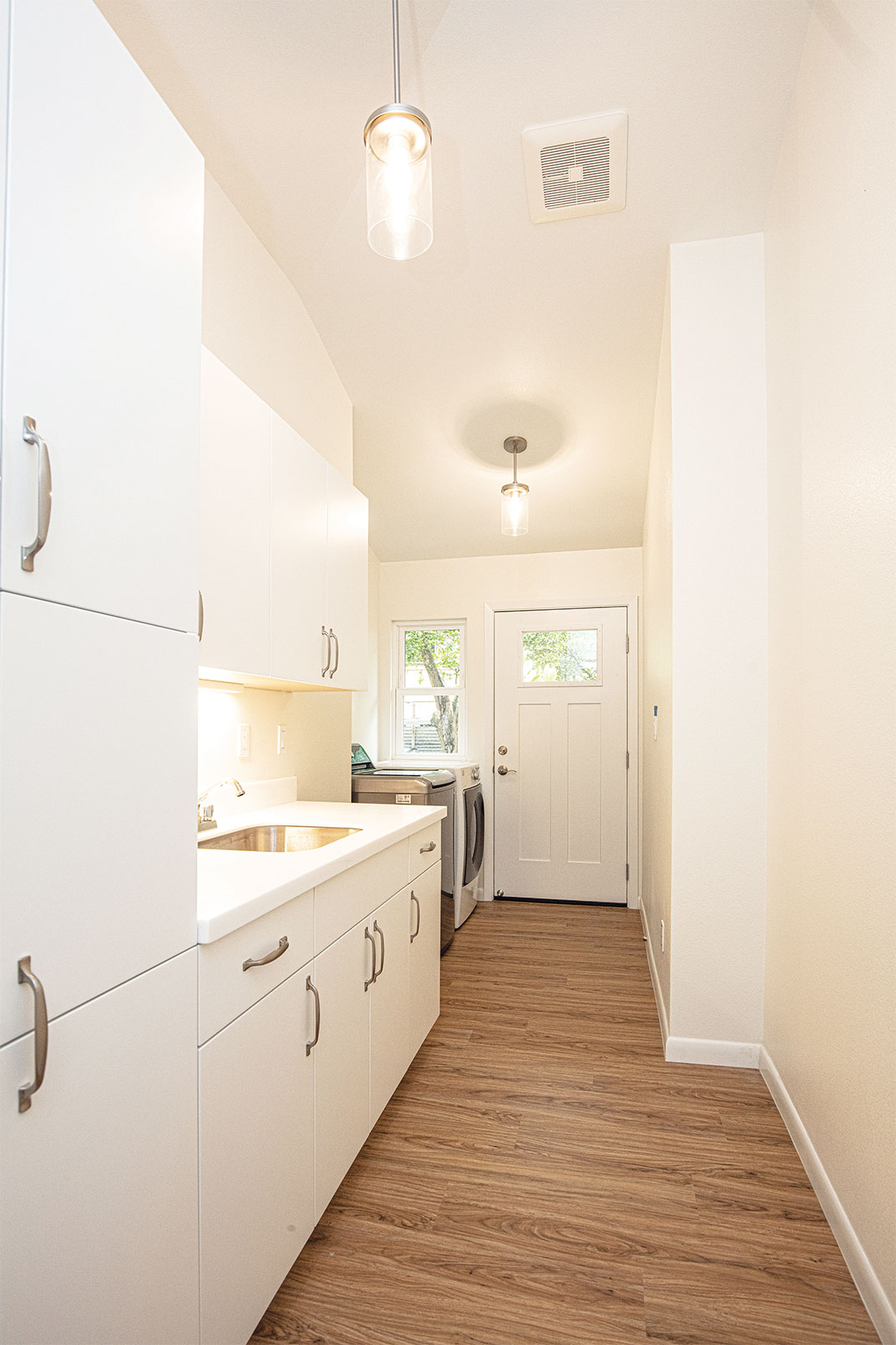
Self-reliance is an admirable trait, but some home construction projects are simply too ambitious for even the cleverest do-it-yourselfers.
“The myth of DIY — ‘do it yourself’ — construction refers to the misconception that anybody can undertake complex construction projects without professional training, experience or assistance,” says Ryan Graham, vice-president of operations at Graham Builders.

Graham adds, while the DIY approach can be satisfying and cost-effective for simple tasks like minor home repairs and small-scale renovations, it definitely isn’t suitable for all construction projects.
“DIY construction and renovation can be problematic, even for homeowners with construction skills and experience,” he observes. “It’s essential to recognize the limits of what can be reasonably accomplished without professional help.”

If you’re thinking about the DIY approach for your home renovation or construction project, here are some important issues to consider.
SPECIALIZED EXPERTISE, TOOLS
Construction projects often require knowledge of structural engineering, building codes, safety regulations and various technical skills.
“Attempting complex construction without appropriate expertise and resources can lead to accidents and subpar results,” Graham warns. “This is especially true of complex projects like new homes and major structural renovations.”
Additionally, many construction tasks require specialized tools and equipment that DIYers may not have access to or know how to use effectively.
SAFETY RISKS
Construction sites are often hazardous, with heavy machinery, power tools and precarious working conditions. Professionals are trained to prioritize safety, but do-it-yourselfers are often unaware of the risks and of proper safety measures.
BUILDING CODES, PERMITS
Many construction projects require compliance with local building codes and obtaining permits.
“Ignoring regulations can result in fines, project delays or even forced demolition of completed work,” Graham notes.
COST, TIME, QUALITY
Homeowners can save money on labor costs with DIY projects, but in the long run, they can end up being more expensive due to mistakes, rework and the need to hire professionals to fix errors.
“DIY homeowners often find that their own learning curves, limited availability and need to juggle other responsibilities prevent them from completing projects in a timely fashion,” Graham adds.
REDUCED RESALE VALUE, INCREASED LIABILITY
DIY construction may result in lower-quality work, which affects the longevity and value of a project.
“Poorly executed DIY construction can actually reduce the resale value of a property, which can cancel out whatever you’ve saved by avoiding professional labor costs,” Graham notes.
Worst of all, DIY homeowners may be held legally responsible for injuries or damage that occur during or after the project.
“DIY projects can be fulfilling and cost-effective for homeowners with skills and experience, but it’s really important to know your limits,” Graham concludes.
Established in 1990, Graham Builders is the recipient of the Better Business Bureau of Hawaii
Torch Award for ethics in small business. If you’re considering a home renovation or construction project as a do-it-yourselfer, sign up for Graham Builders’ free Building Your Home for Life seminar from 9 to 11 a.m. on Nov. 4 and get direct advice from seasoned design/build professionals about your project. For information and registration, visit grahambuilders.com or call 808-593-2808.
GRAHAM BUILDERS
CONTACT 808-593-2808
WEB grahambuilders.com
See more articles from: Graham Builders